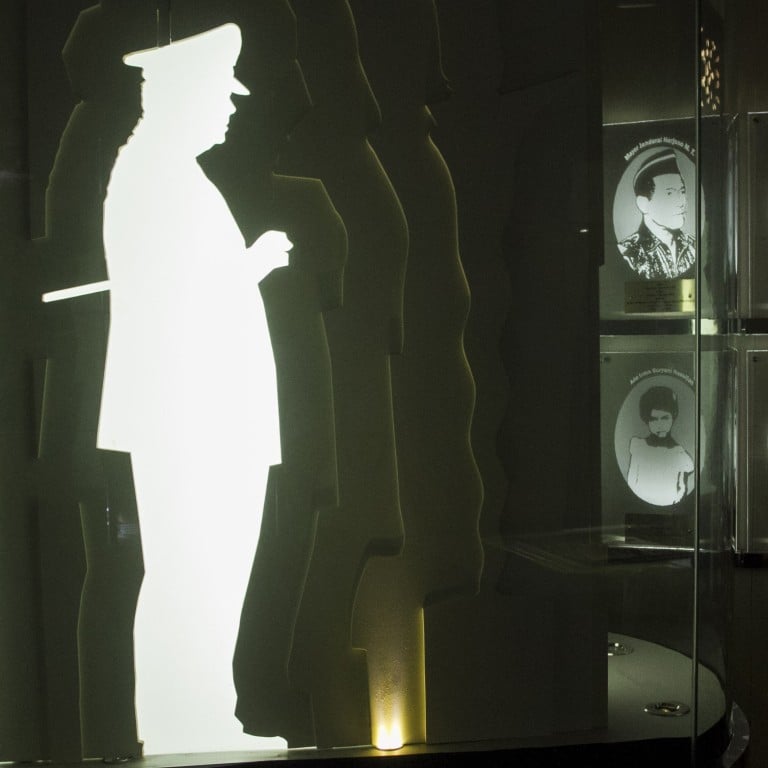
Explainer | Why fears of communism, anti-China sentiment are a potent mix in Indonesia
- A communist bogeyman looms large in the minds of the public in both the Philippines and Indonesia, fuelled by fears over China’s growing influence
- This fear is being manipulated for political gain, experts warn
Taiwan or communism? The Chinese who fled Indonesia and had to choose
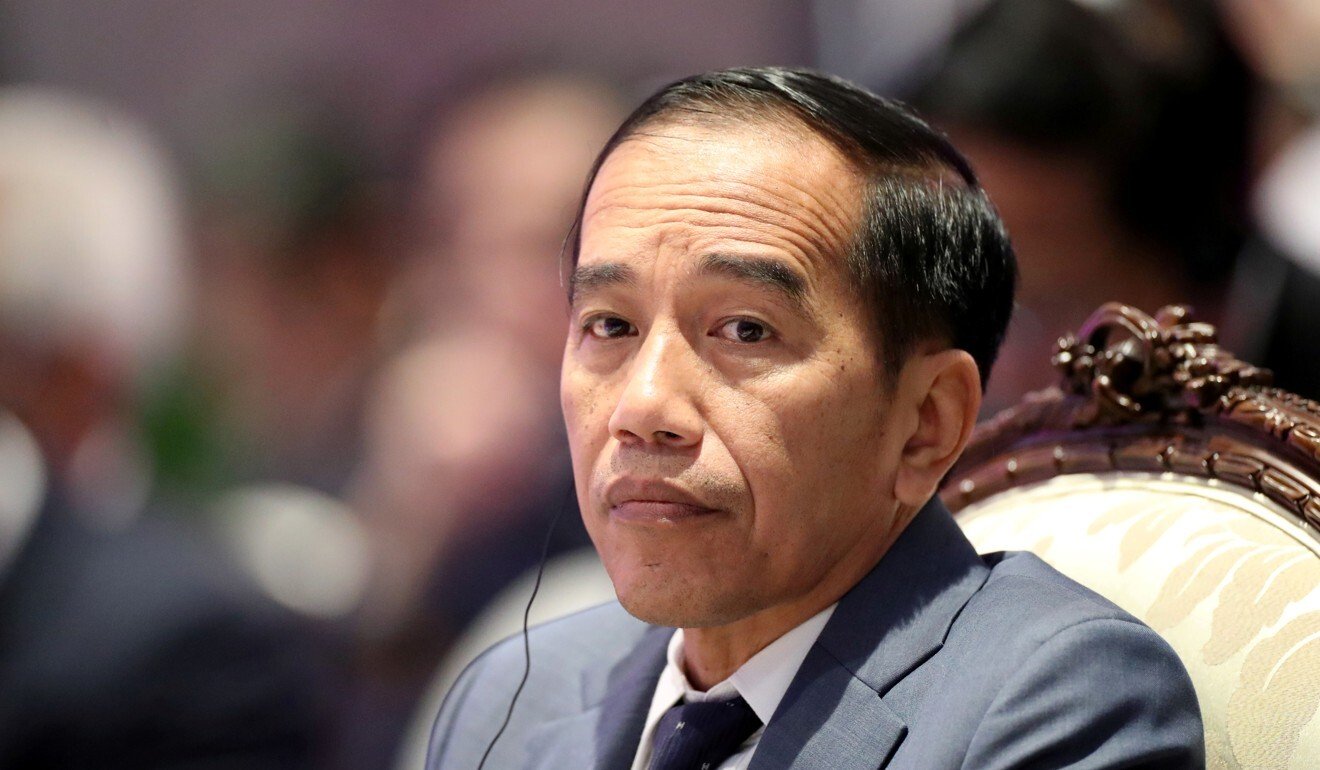
WHY IS COMMUNISM SO FEARED?
In the 1960s, the PKI was the third-largest communist party in the world and was one of the big winners in Indonesia’s first general election in 1955. Not all of its members were of Chinese descent.
The PKI was soon seen as a threat to anti-communist politicians and the right-wing army leadership, and this soon created a “political triangle” for three parties who wanted to control Indonesia – President Sukarno, the PKI and the army – according to history lecturer Baskara T. Wardaya of Sanata Dharma University in Yogyakarta.
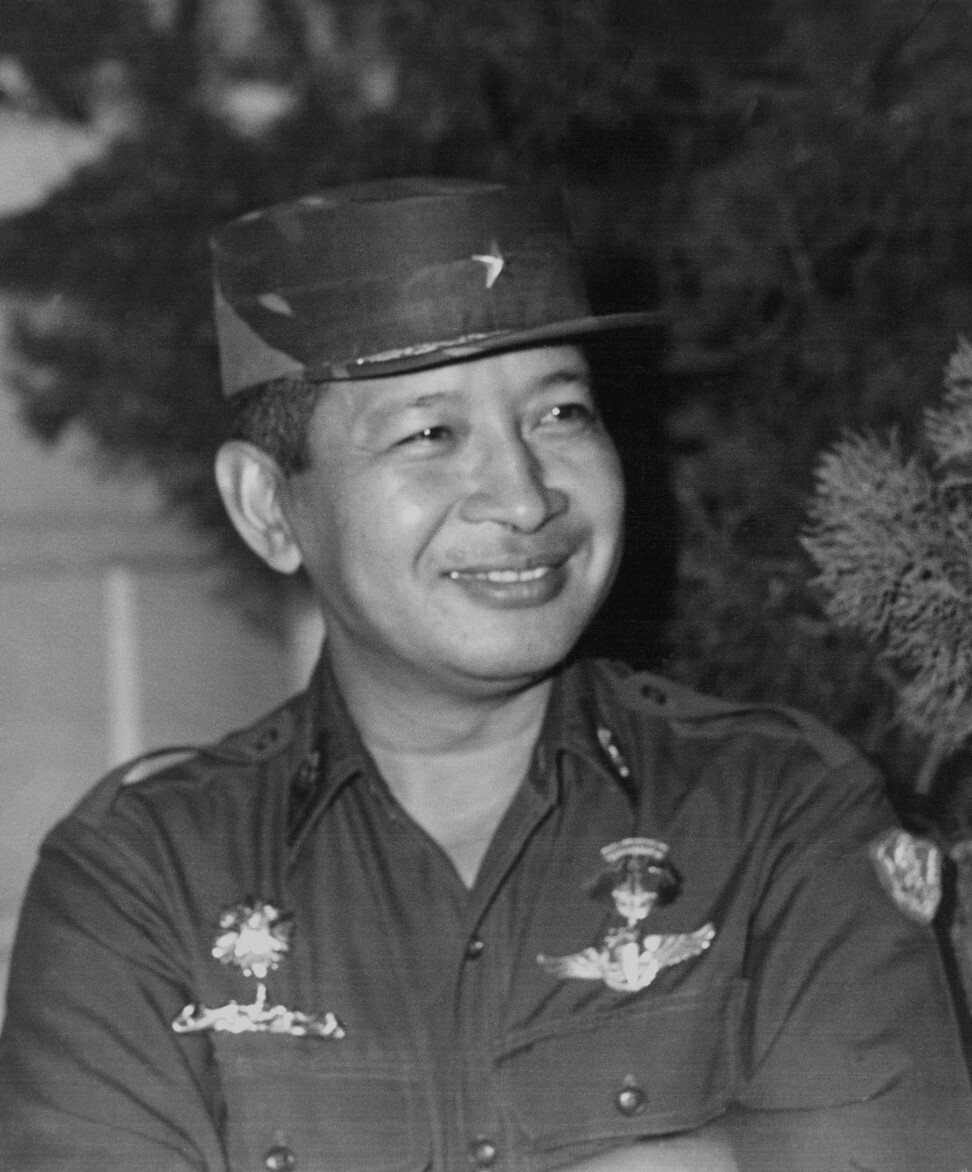
“This triggered the largest anti-communist purge and mass killings in modern-day Indonesia,” writes Wardaya in an article for The Conversation website.
Some 500,000 people were killed in military operations and “youth militia activities”, according to Asvi Warman Adam, research professor in political history at the Indonesian Institute of Sciences. In a piece also published by The Conversation, he noted there were incidents before the purge that had fuelled mistrust between the PKI and Muslim clerics.
Will the Philippines’ anti-terror bill crush communists, or give them a boost?
“Suharto’s New Order regime constantly portrayed communism as an existential threat because anti-communism is an integral part of Suharto’s legitimacy,” said Kankan Xie, assistant professor of Southeast Asian studies at Peking University, who studies Indonesian historical and contemporary issues.
Suharto’s authoritarian rule came to an end in 1998 on the back of the economic collapse and anti-Chinese riots that Indonesia experienced in the wake of the Asian Financial Crisis.
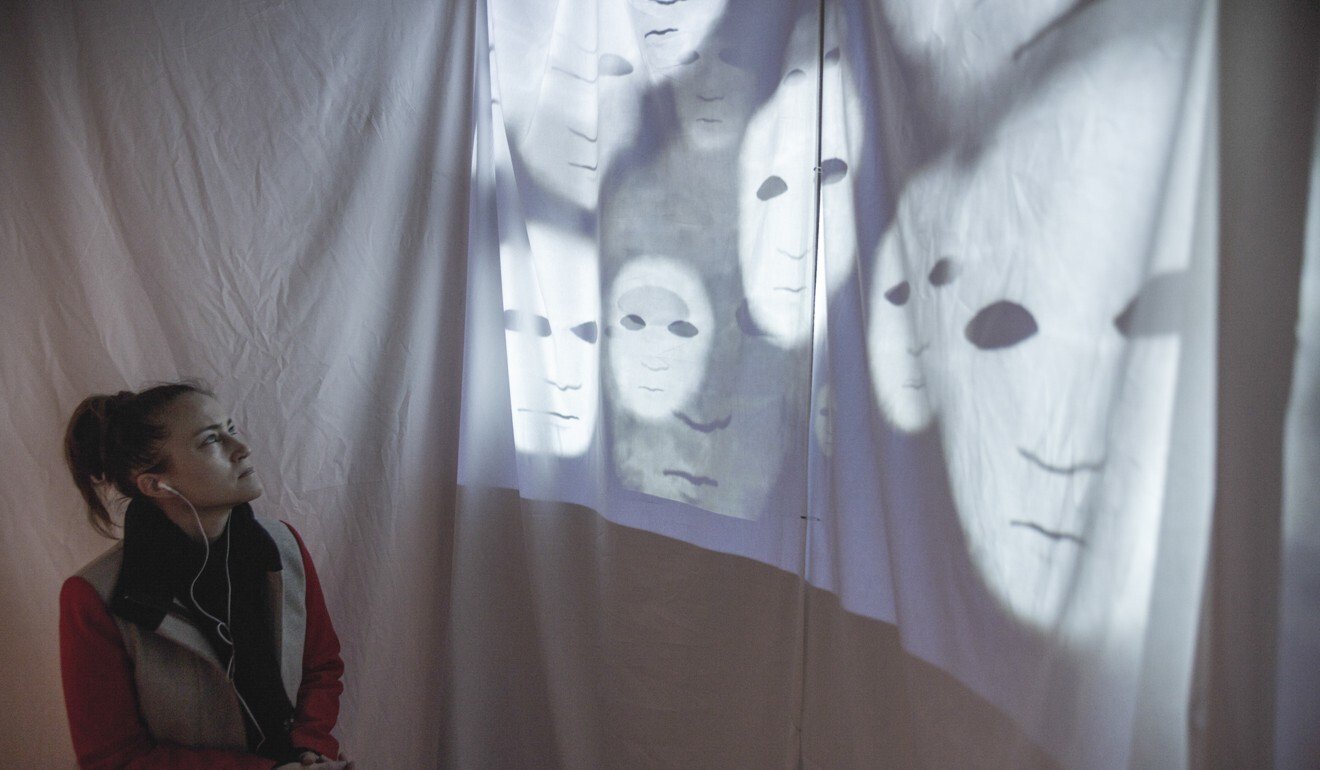
IS COMMUNISM BEING USED AS A BOGEYMAN?
Hui Yew-Foong, associate professor at Hong Kong Shue Yan University and an expert in Indonesian studies, said the fear of communism continues to be politicised today.
“[It] can be used by anyone who is interested in drawing support from conservative Islamist sectors,” he said.
The Jakarta Post reported that influential Islamic organisations in Indonesia had called for the Indonesian parliament to drop the bill, while the publication added “retired military and police personnel” shared their sentiments. They have also pointed out that the bill fails to include a decree from 1966 banning communism.
The bill has been put on hold for now.
Islamists find another stick to beat Widodo with – communism
“It is still effective to accuse people of being communists, in order to bring them down,” she said.
Indeed, rumours labelling Jokowi as a communist “emerge again and again” on social media, said Aribowo Sasmito, head of the anti-hoax civil society organisation Mafindo’s fact-checking team.
He said that was a “standard pattern” and these hoaxes would peak in the run-up to September ahead of the September 30 movement. They have also come up during elections and most recently, when the bill on Pancasila was discussed.
Jokowi has refuted such links, pointing out that he was only four years old when the PKI was dissolved.
“I need to say I am Muslim, my parents are also Muslim, my grandparents are Muslim, my big family is Muslim,” he said in December 2018.
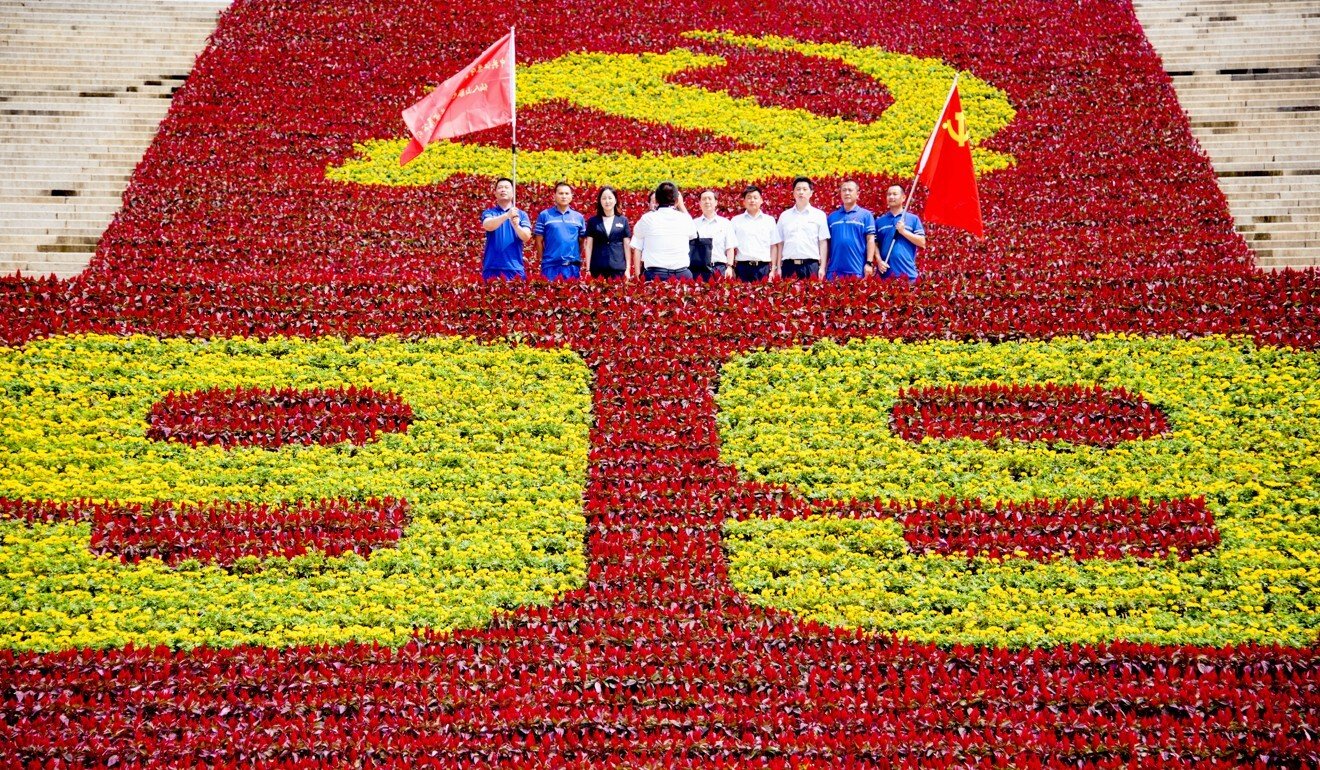
IS ANTI-CHINA SENTIMENT FUELLING FEARS OF COMMUNISM?
Experts said both narratives were melding together with potentially dangerous consequences.
For example, he said, even the opposition Prosperous Justice Party (PKS), which he described as a “militant Islamic party” had contact with communist party officials in China.
In 2013, he added, PKS sent a delegation to China to attend a climate change conference held by the communist party.
Said Xie of Peking University: “There’s still a tendency among certain groups in Indonesia to associate the rise of China with the potential revival of communism in the country.
“In contemporary politics, the paranoia that China will intervene [in] Indonesia’s domestic politics still exists.”
Migration, identity and revolution: how the Chinese shaped Indonesia
Said the narrator in Bahasa Indonesia: “There are many Chinese soldiers here, ready for war. Looks like one battalion.”
Police conducted an investigation and said the video was a hoax, while analysts pointed to how the video was aimed at discrediting Jokowi, given simmering unhappiness about the issue of Chinese workers allowed into the country to work on nickel and stainless steel mining projects, while local unemployment is ticking upwards.
However, an Indonesian international relations expert said while the fear of communism would be shared by some groups in the country, Jakarta’s territorial dispute over the Natuna Islands with China could actually fuel the anti-Beijing sentiment.
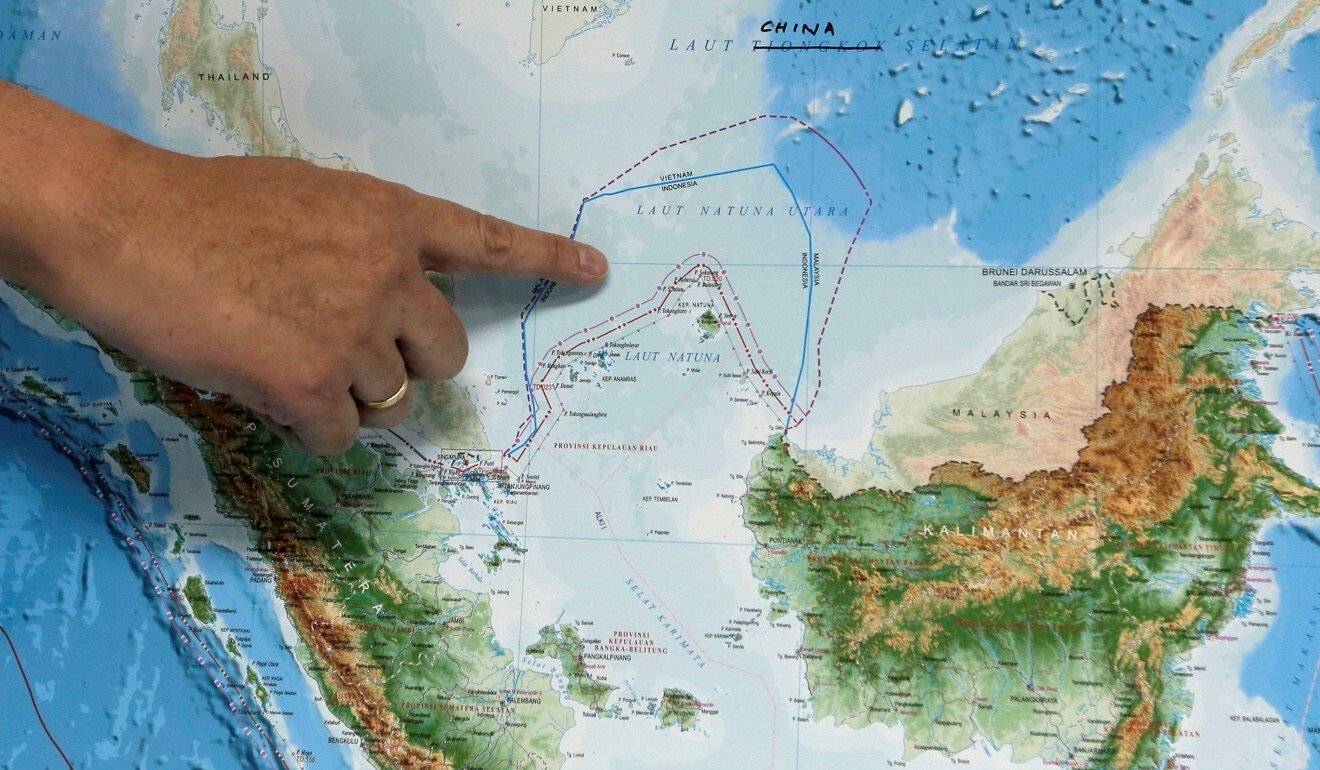
Joko Susanto, executive director of Emerging Indonesia Project, an organisation that focuses on Indonesia’s transformation from a developing nation into an emerging country, said there were three types of China according to Indonesians.
Some felt China was a “communist” state that was “allegedly behind” the September 30 Movement; others saw China as “capitalist” given the visibility of ethnic Chinese businesspeople in the country and China’s economic rise; and another group felt China was “imperialist” due to the Yuan dynasty’s invasion of Java in the 13th century.
These “fragmented” views were beginning to merge, and could cross “ideological barriers and political differences” resulting in more people holding them, said Susanto, who is also a lecturer in the Department of International Relations at Airlangga University in Surabaya.
Hui of Hong Kong Shue Yan University said “association with China can stoke the embers of anti-communist sentiments in Indonesia”.
“The undercurrent is that a rising China may lead to the exploitation of Indonesia, which is why some Indonesians bear anti-China sentiments,” he added.

